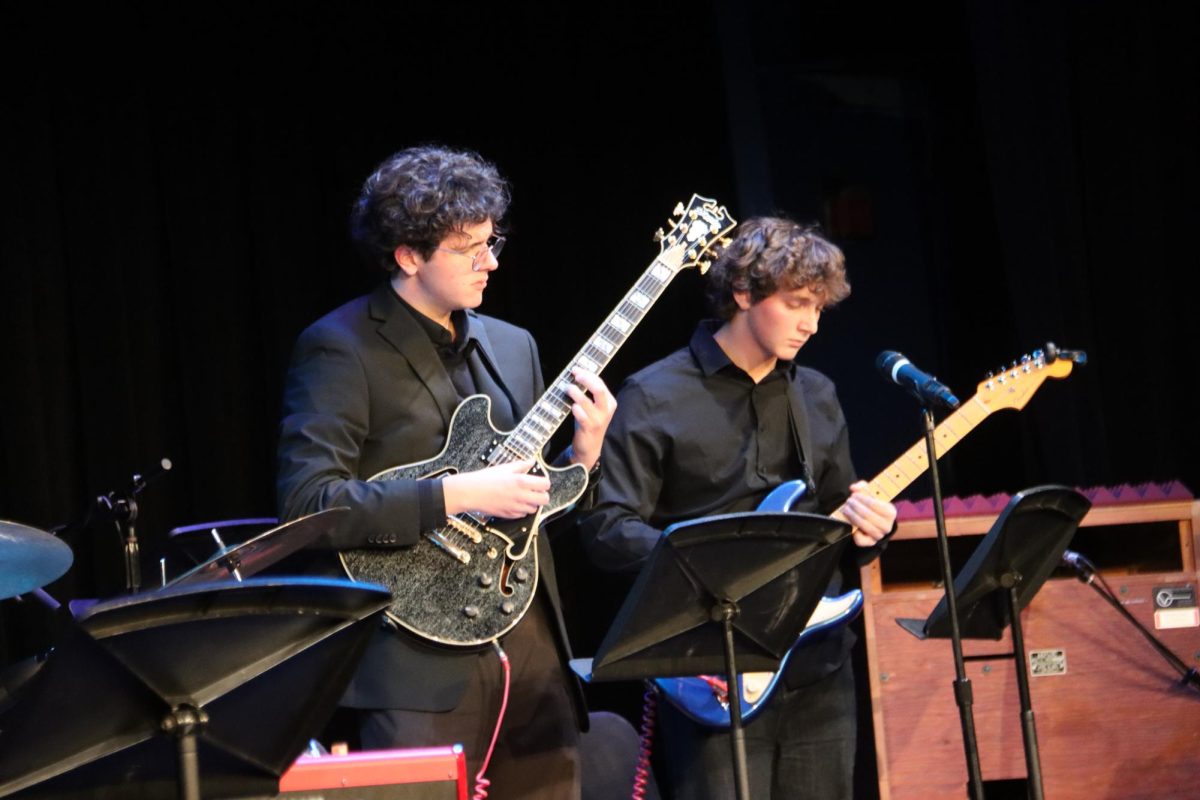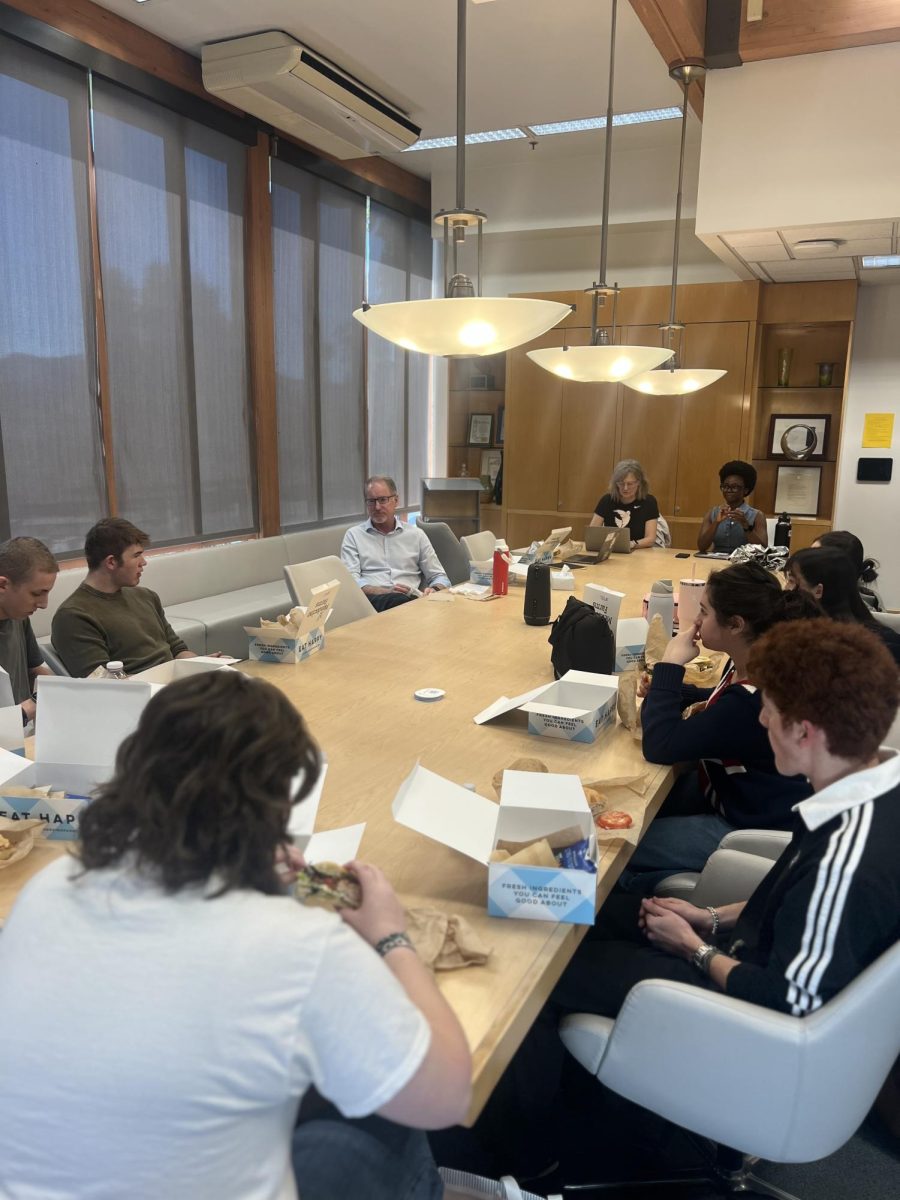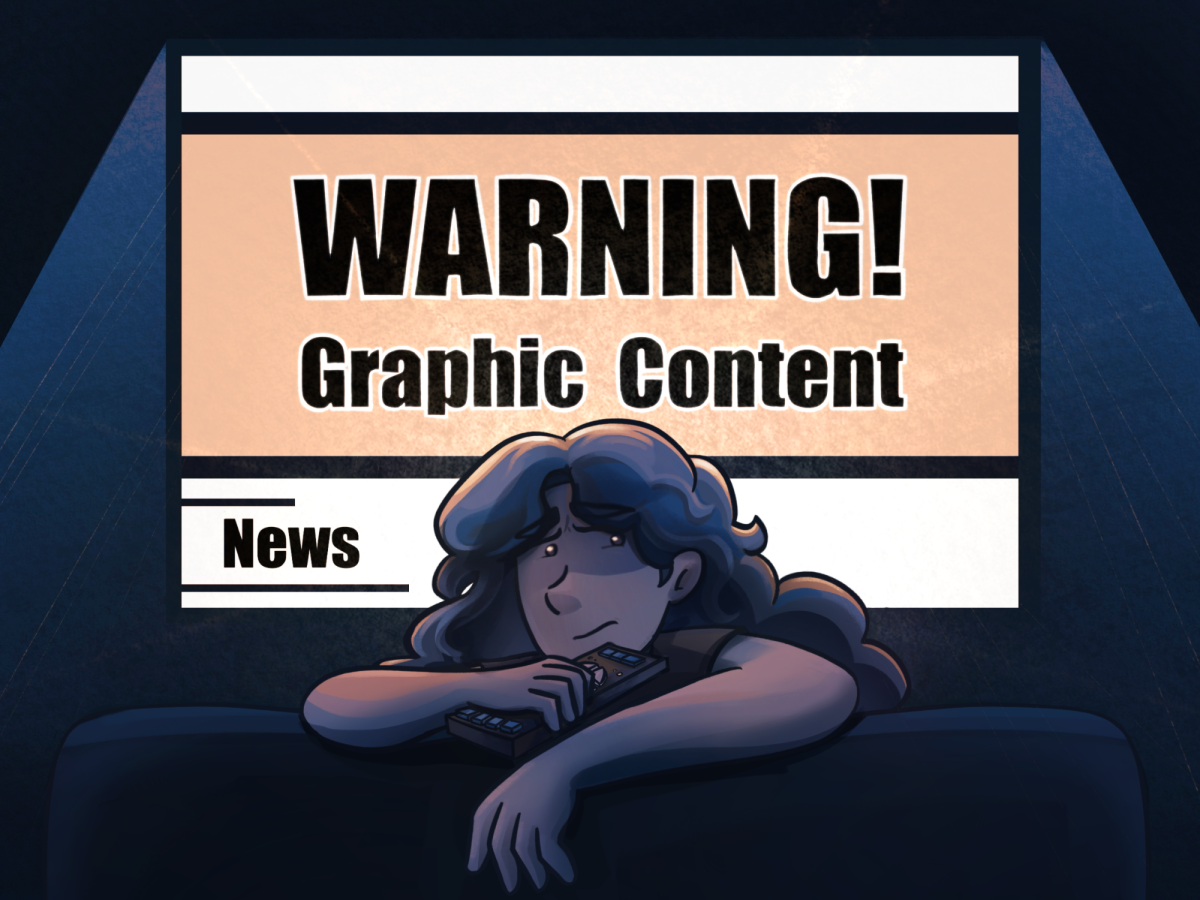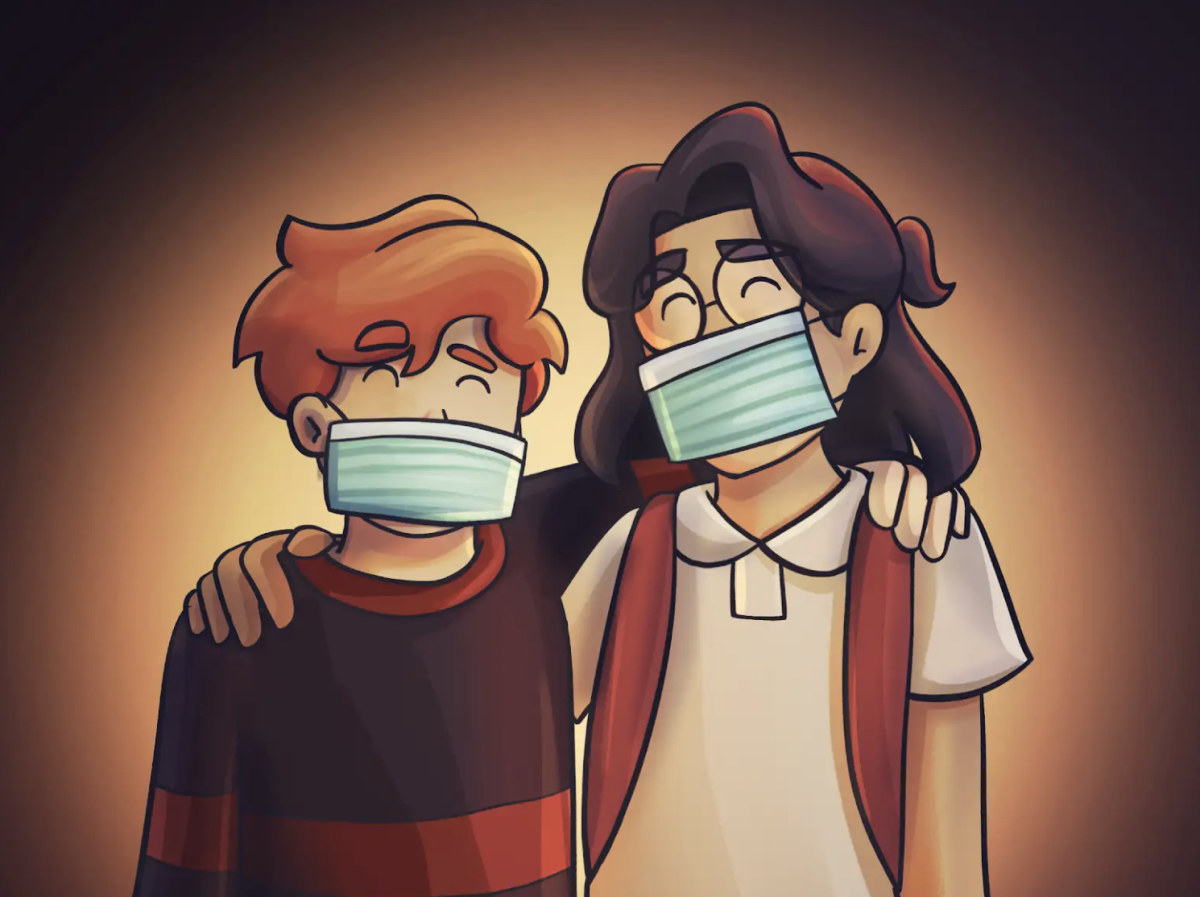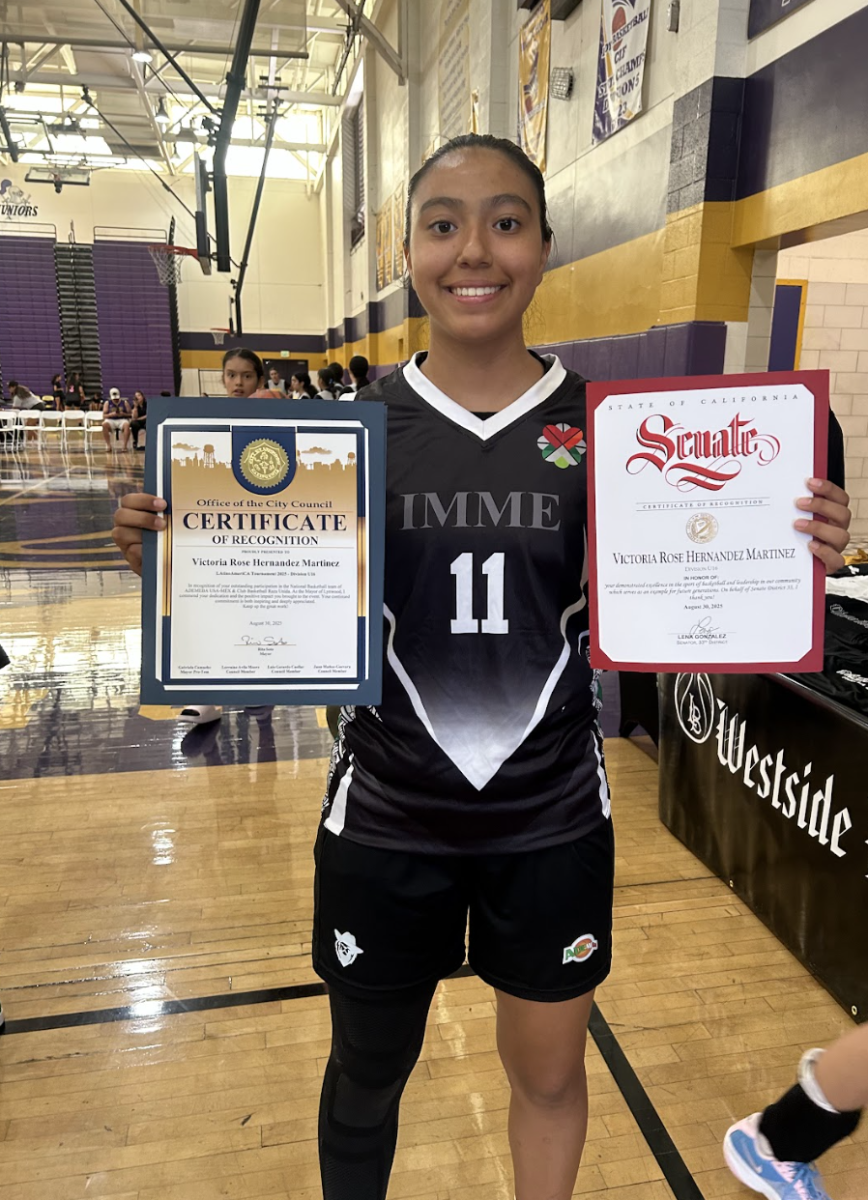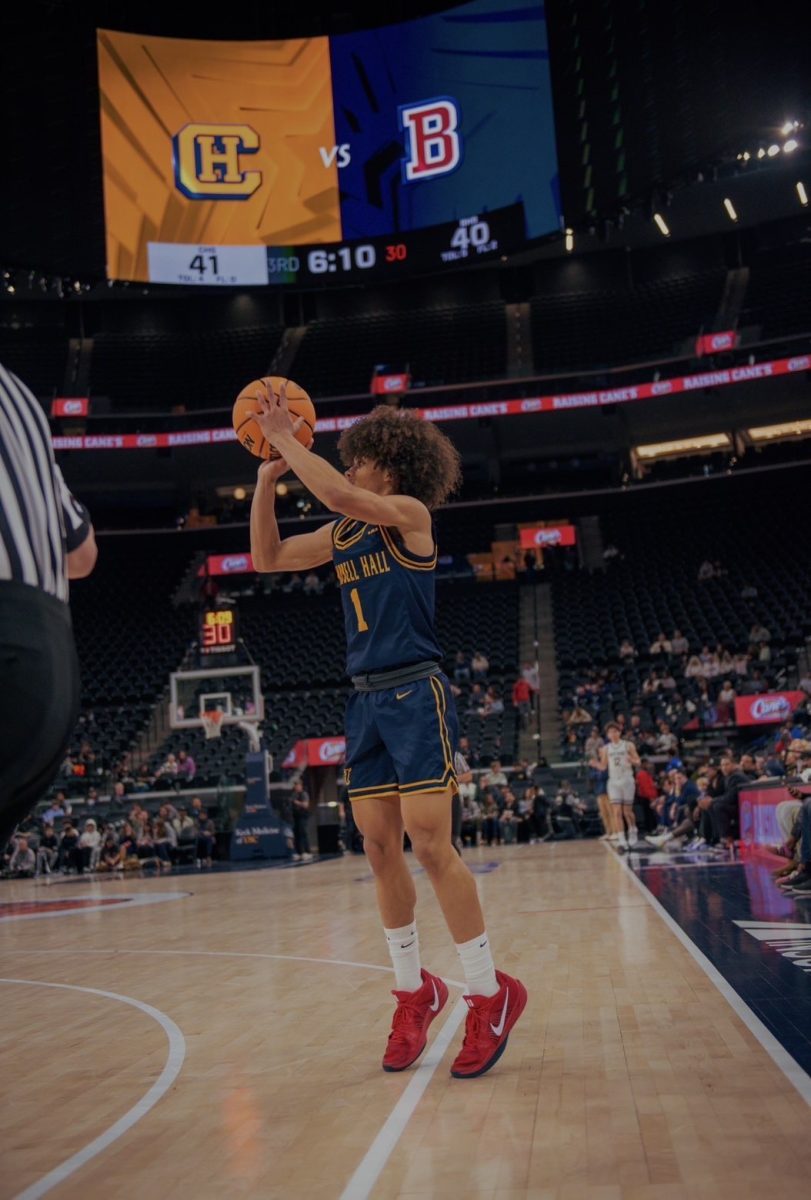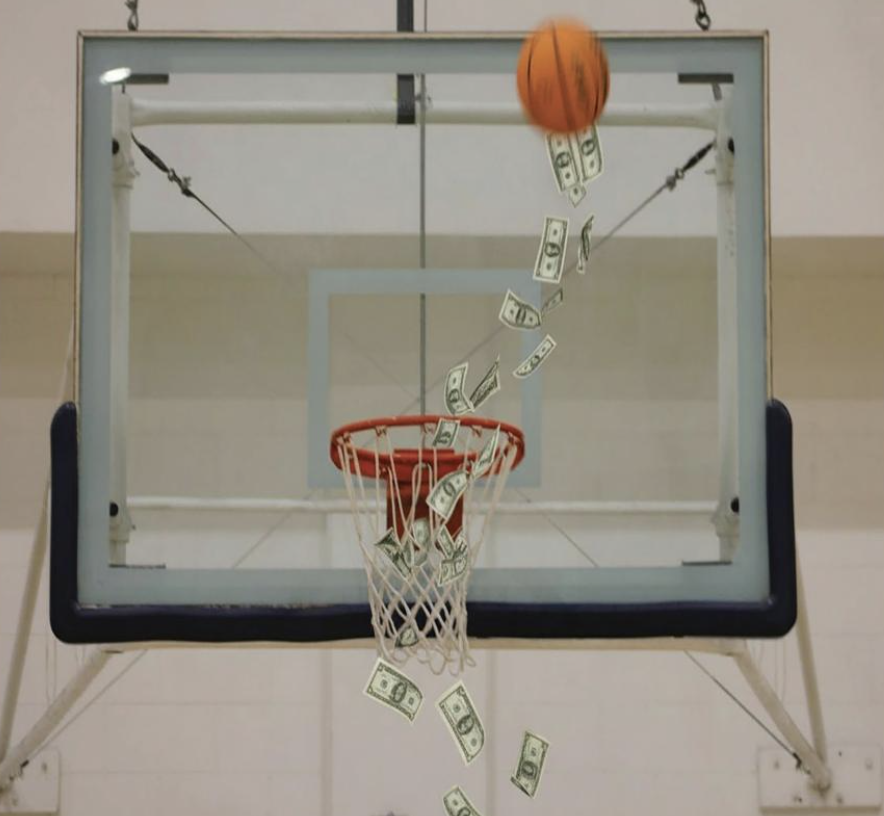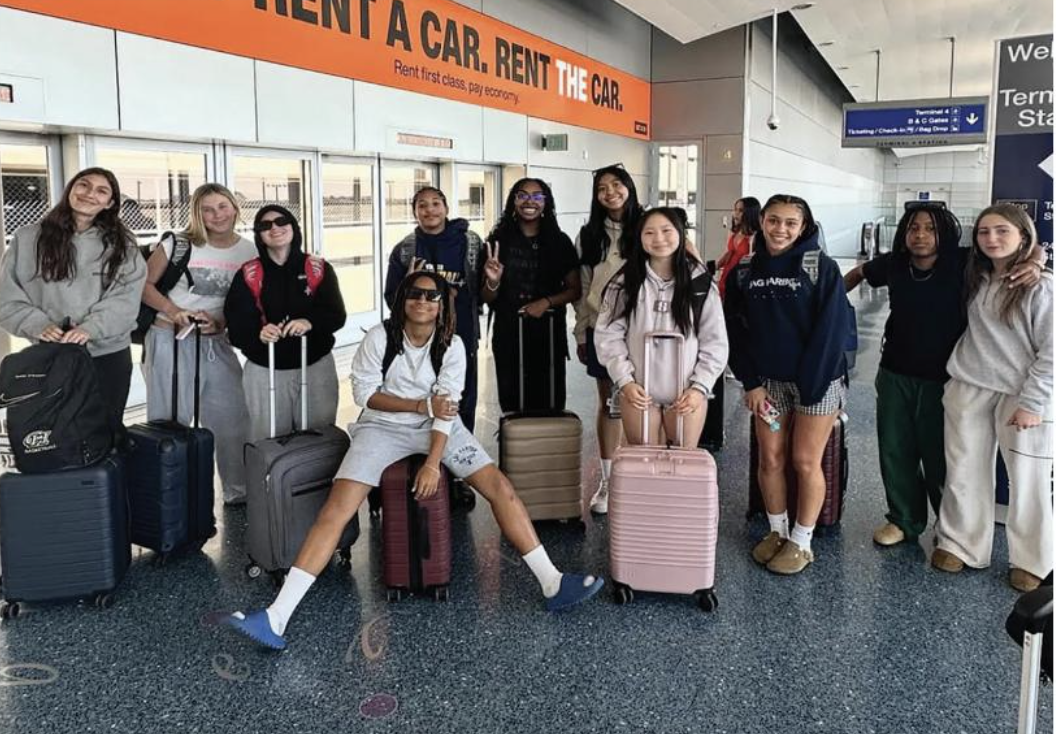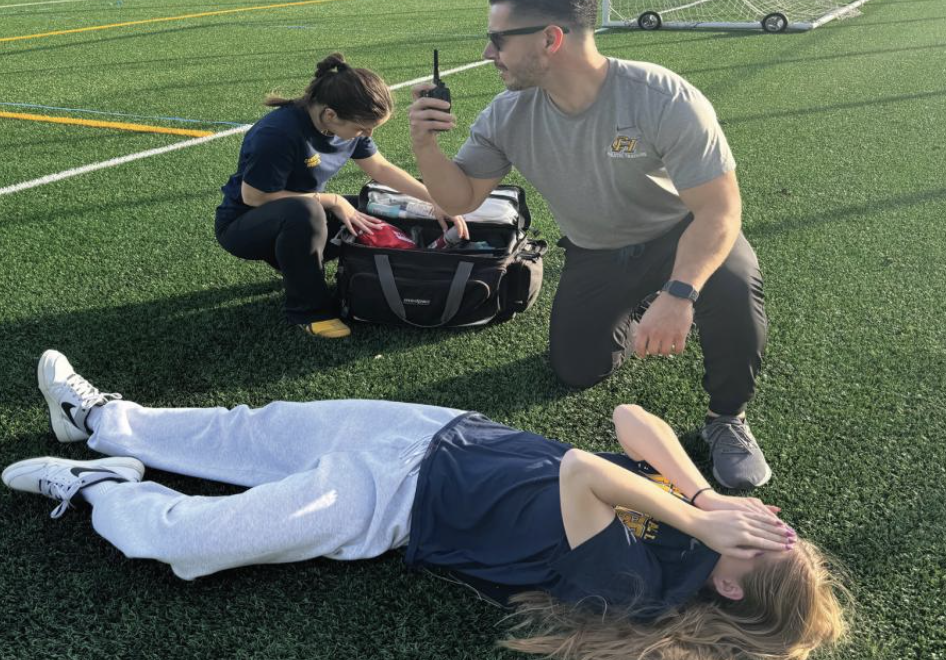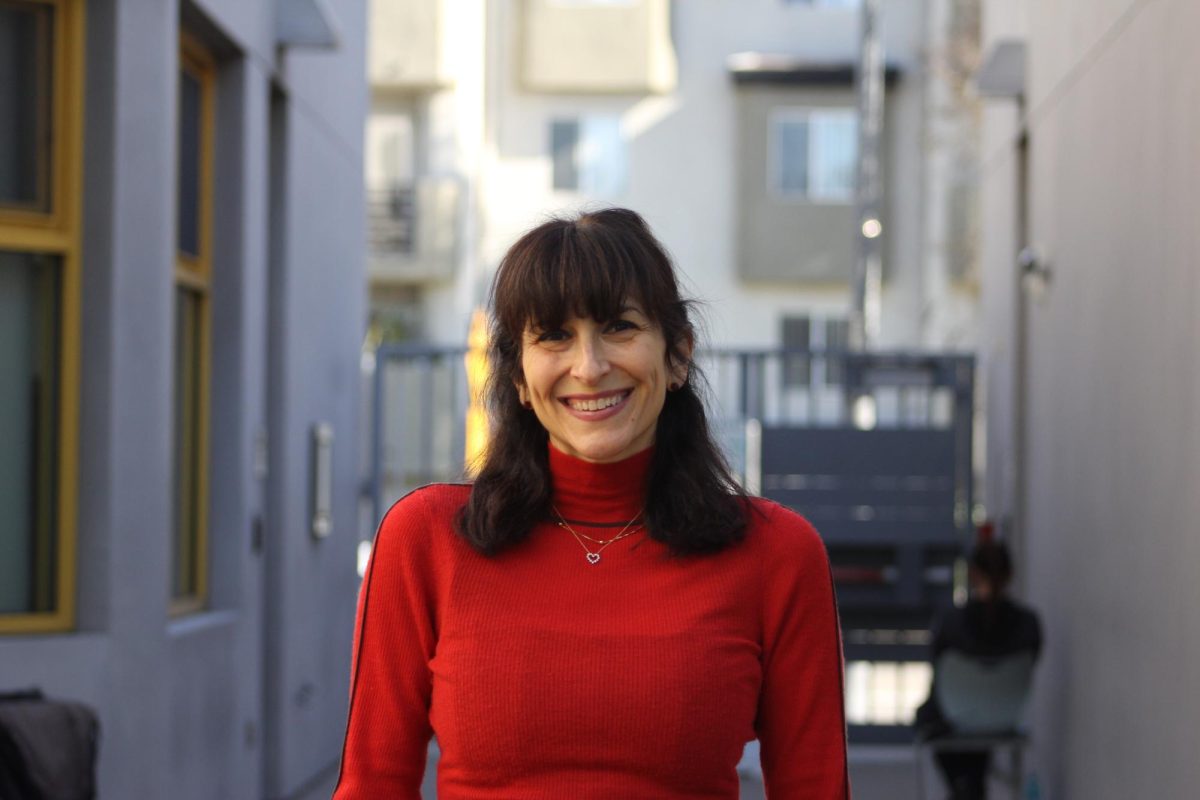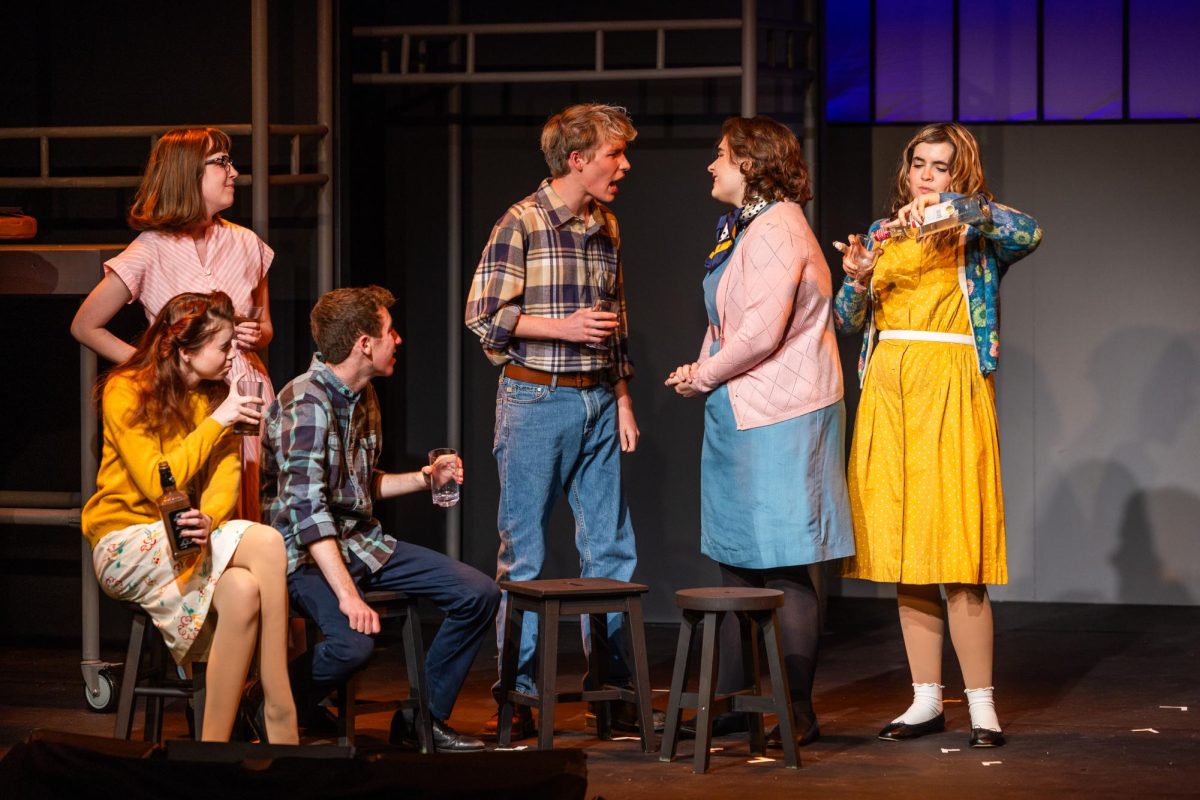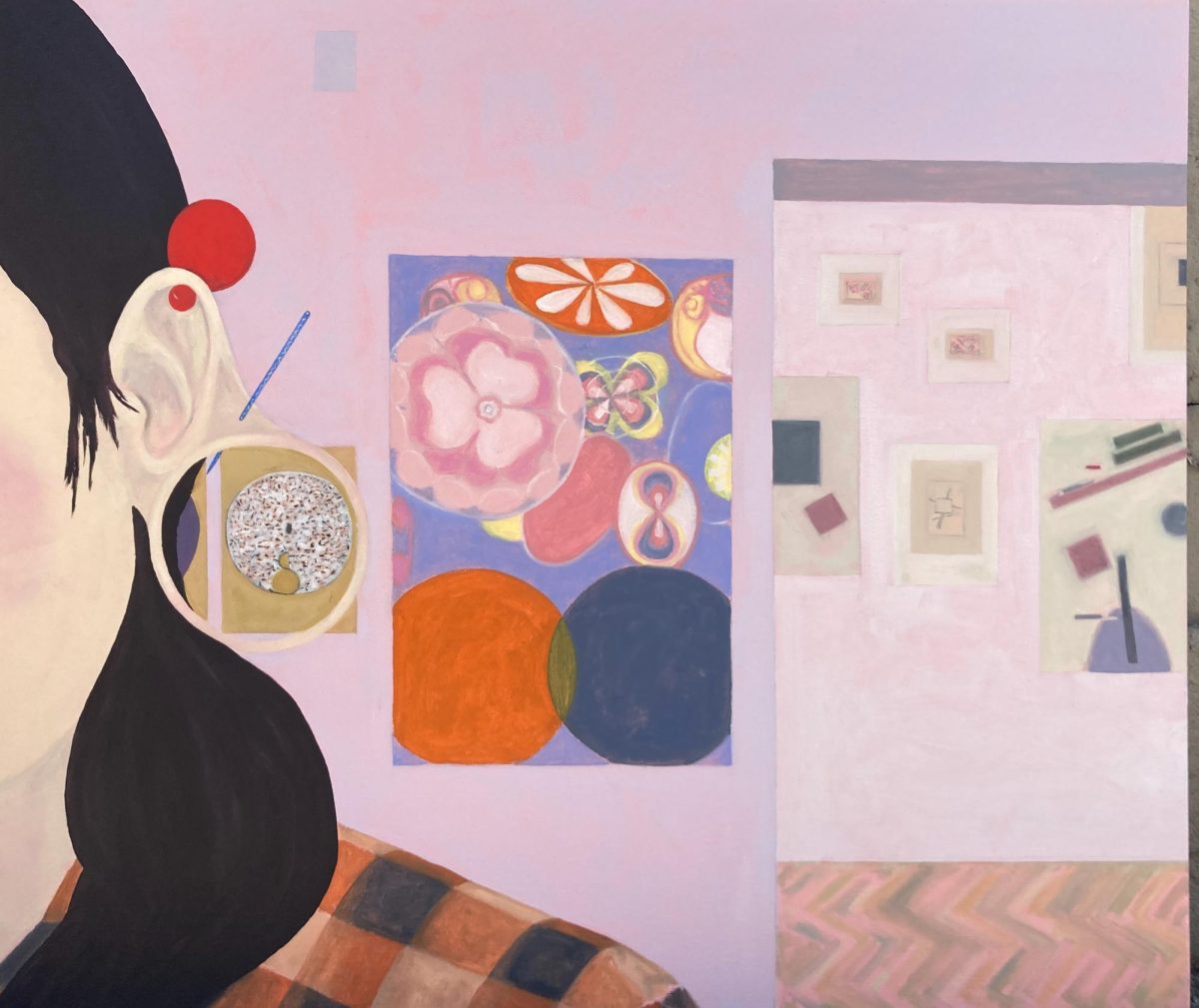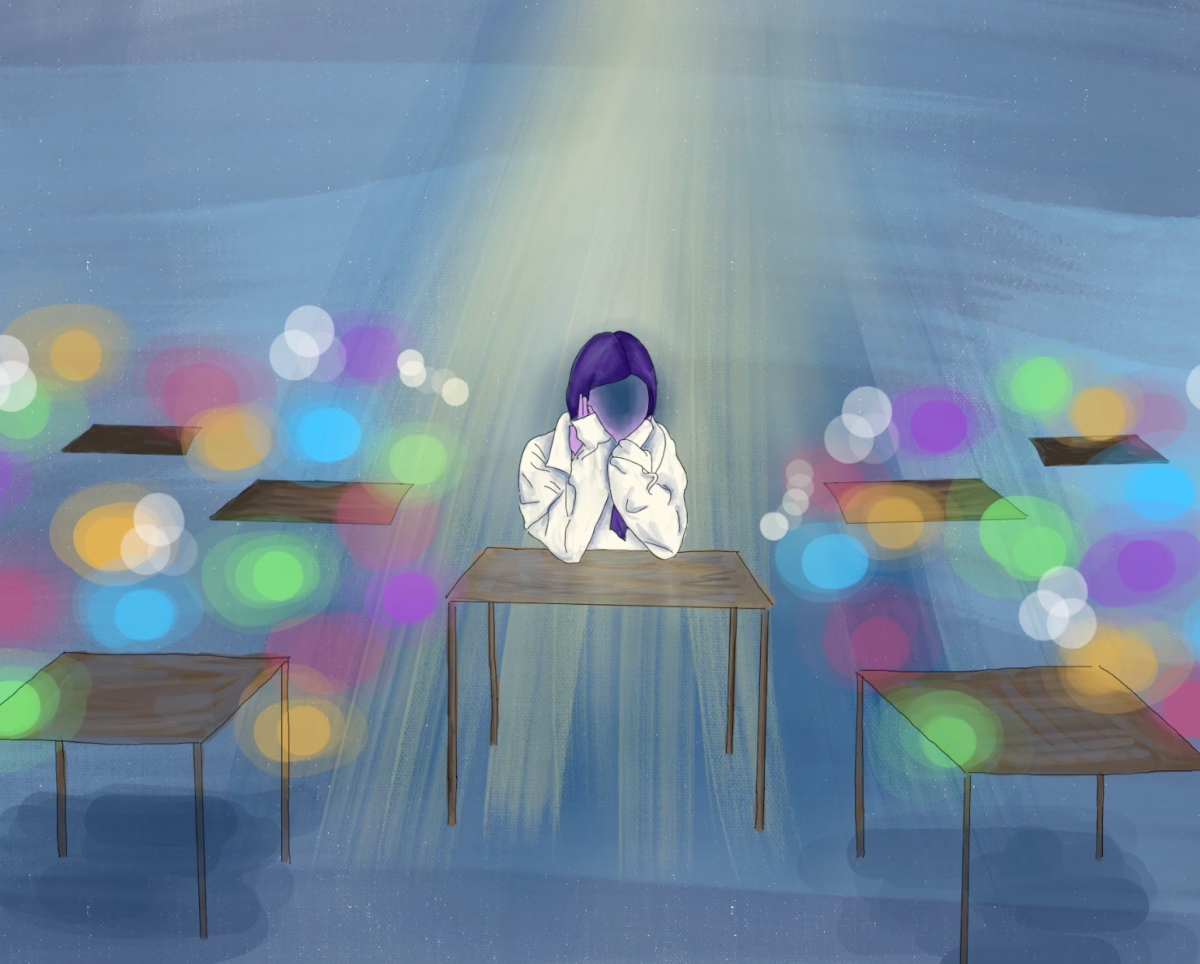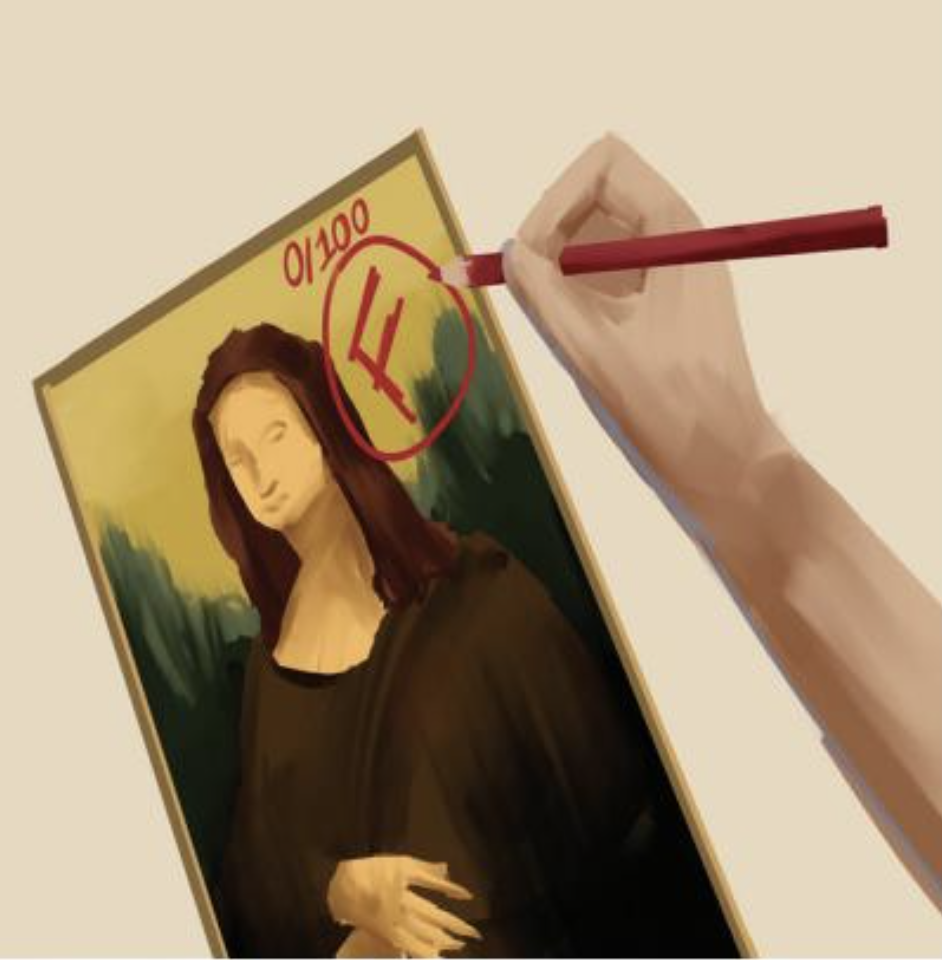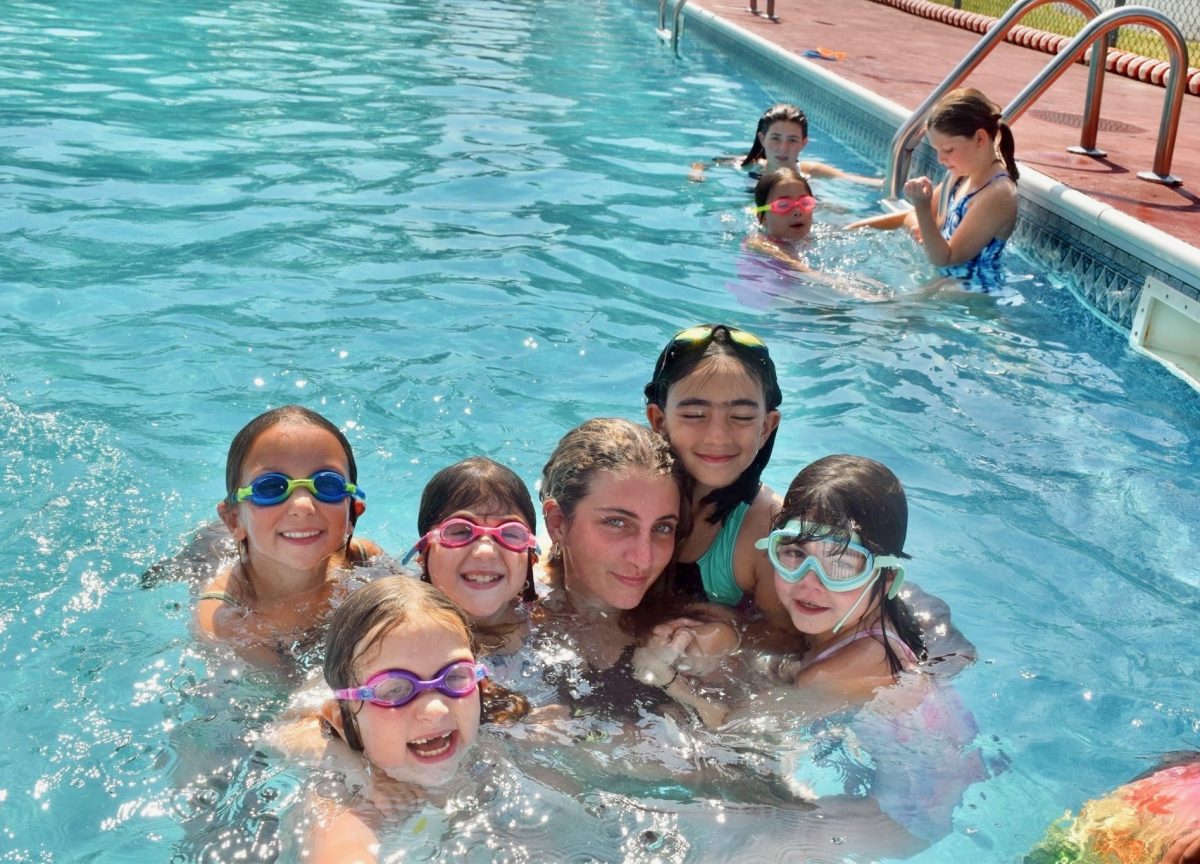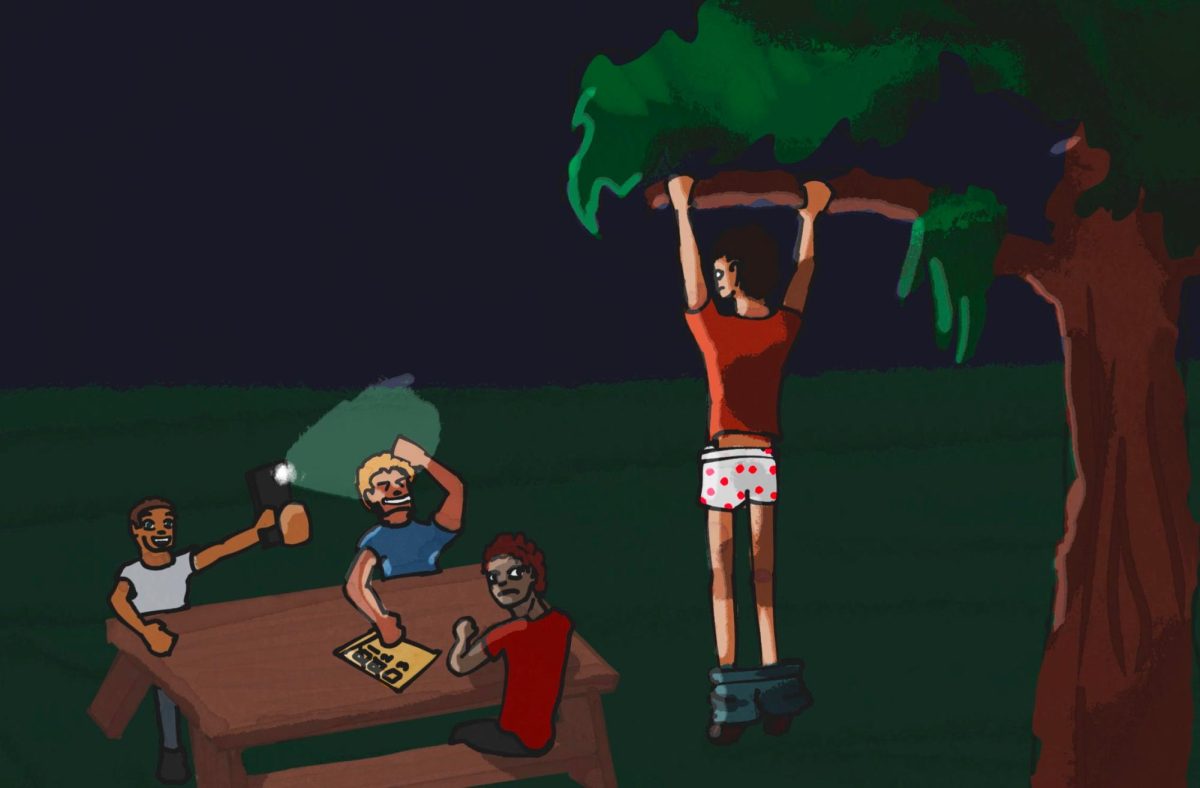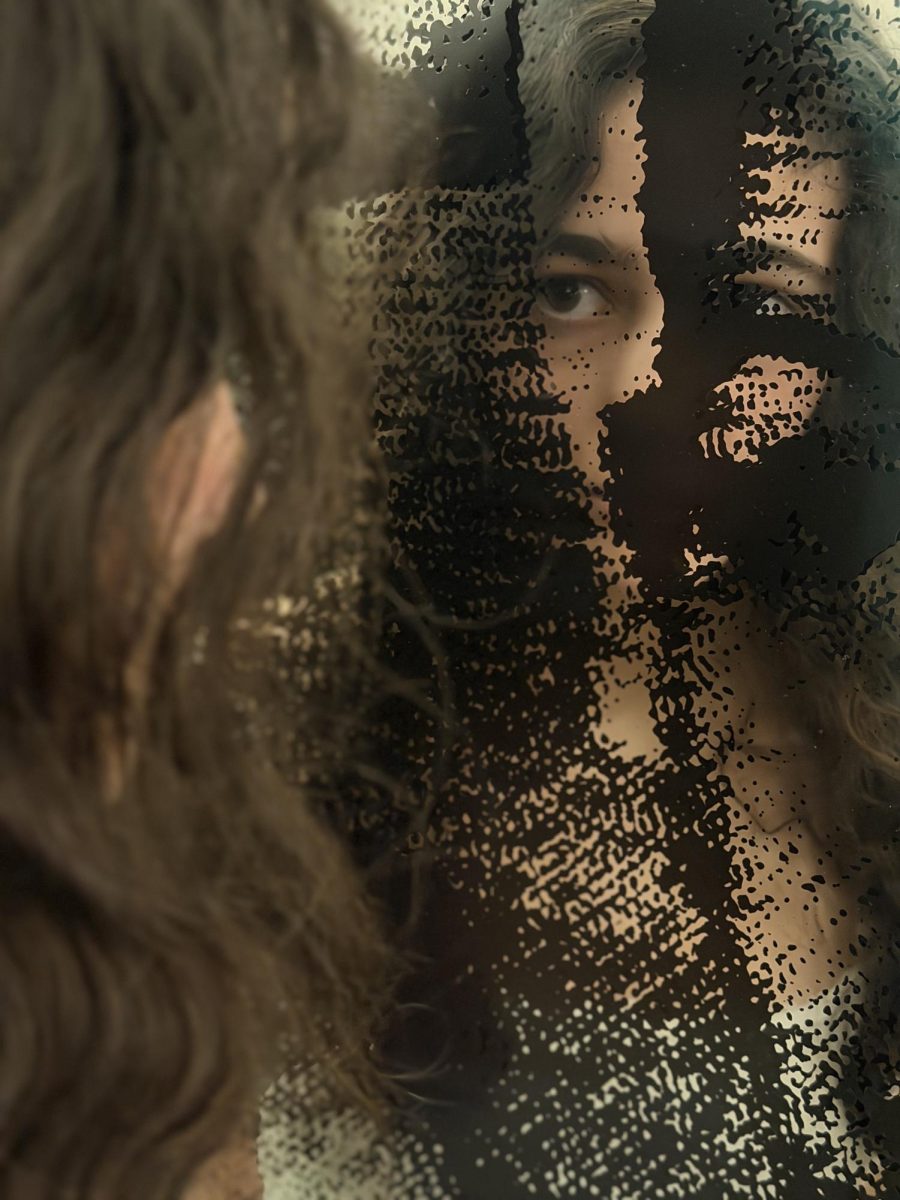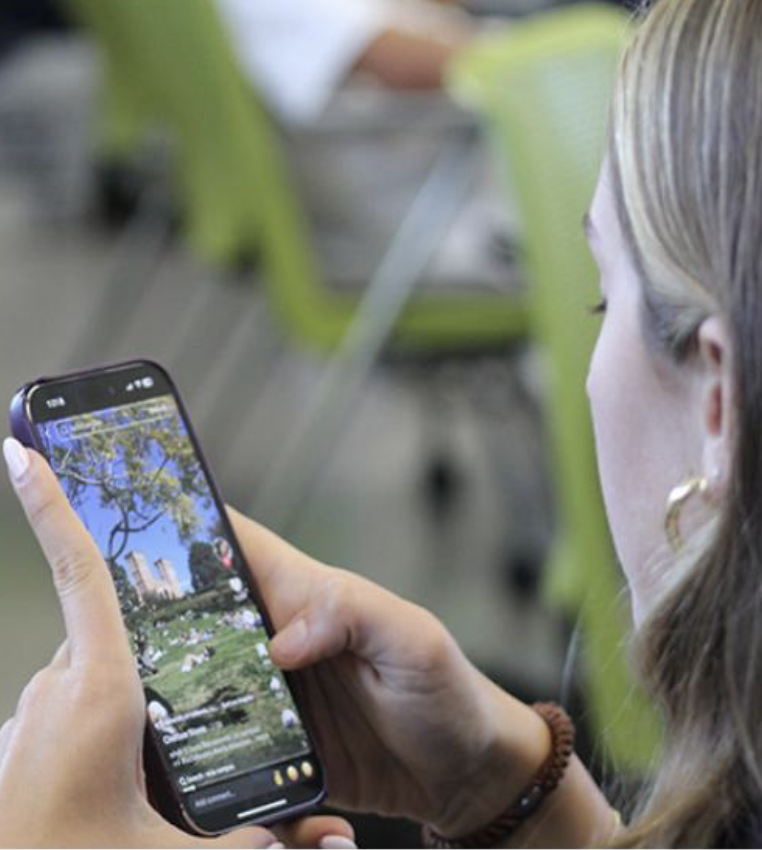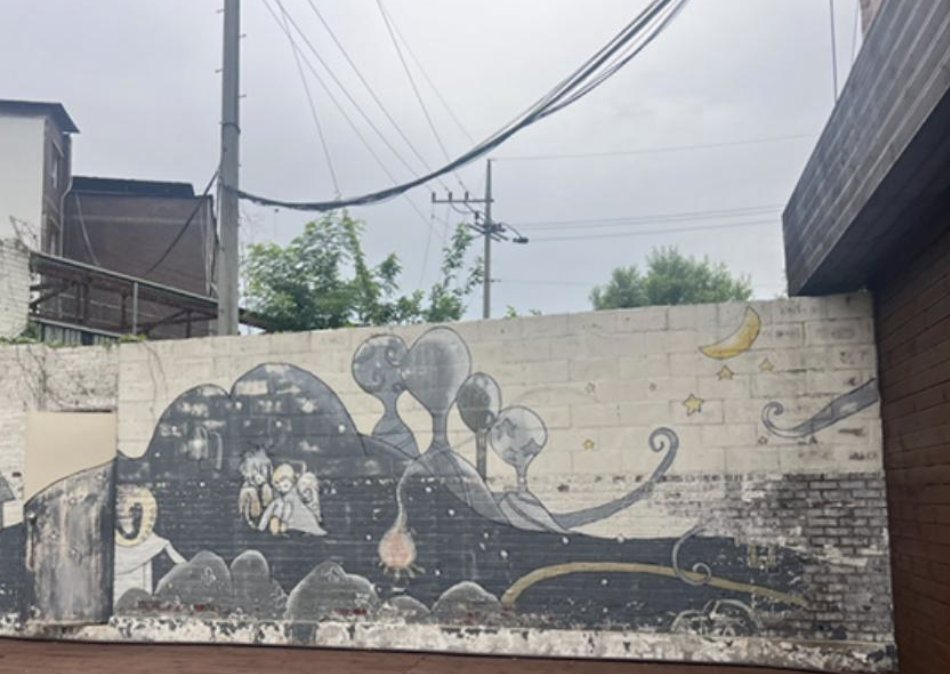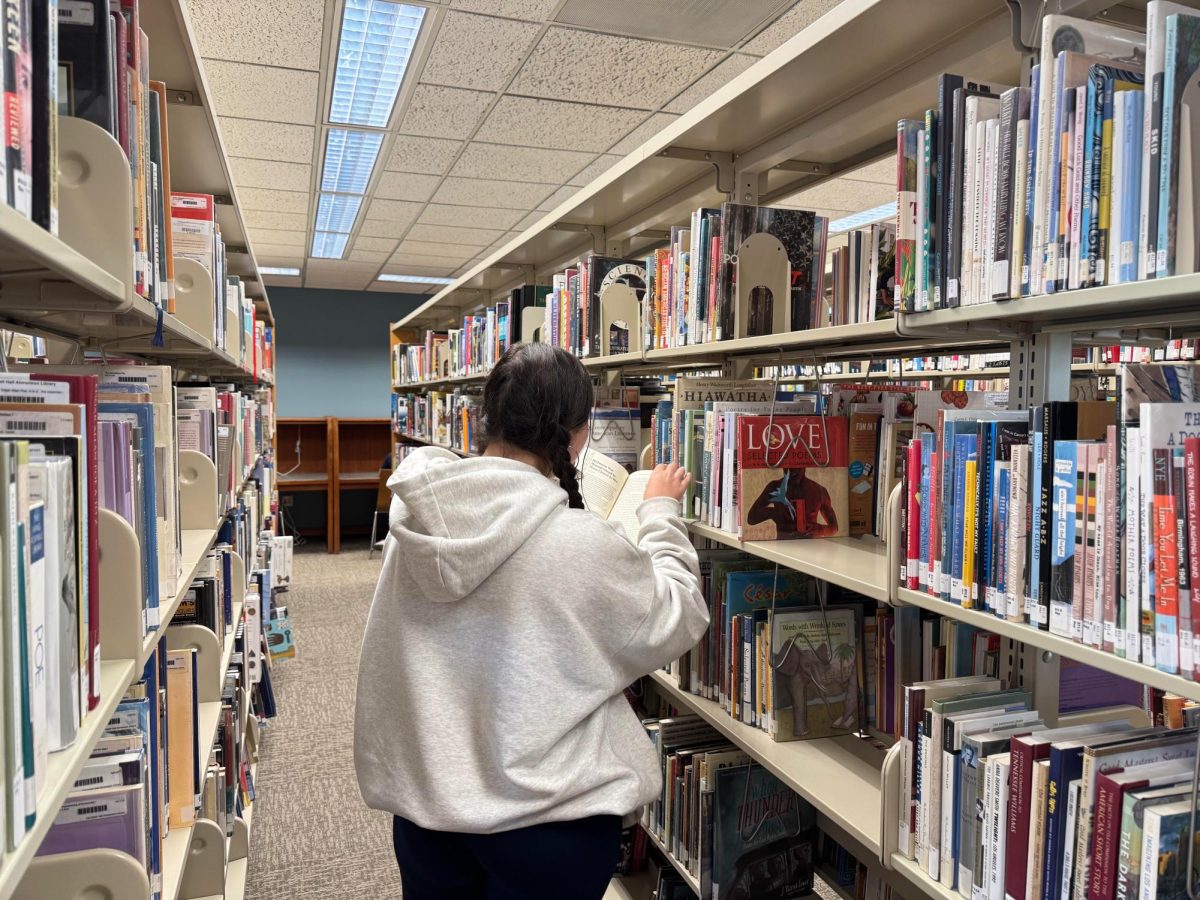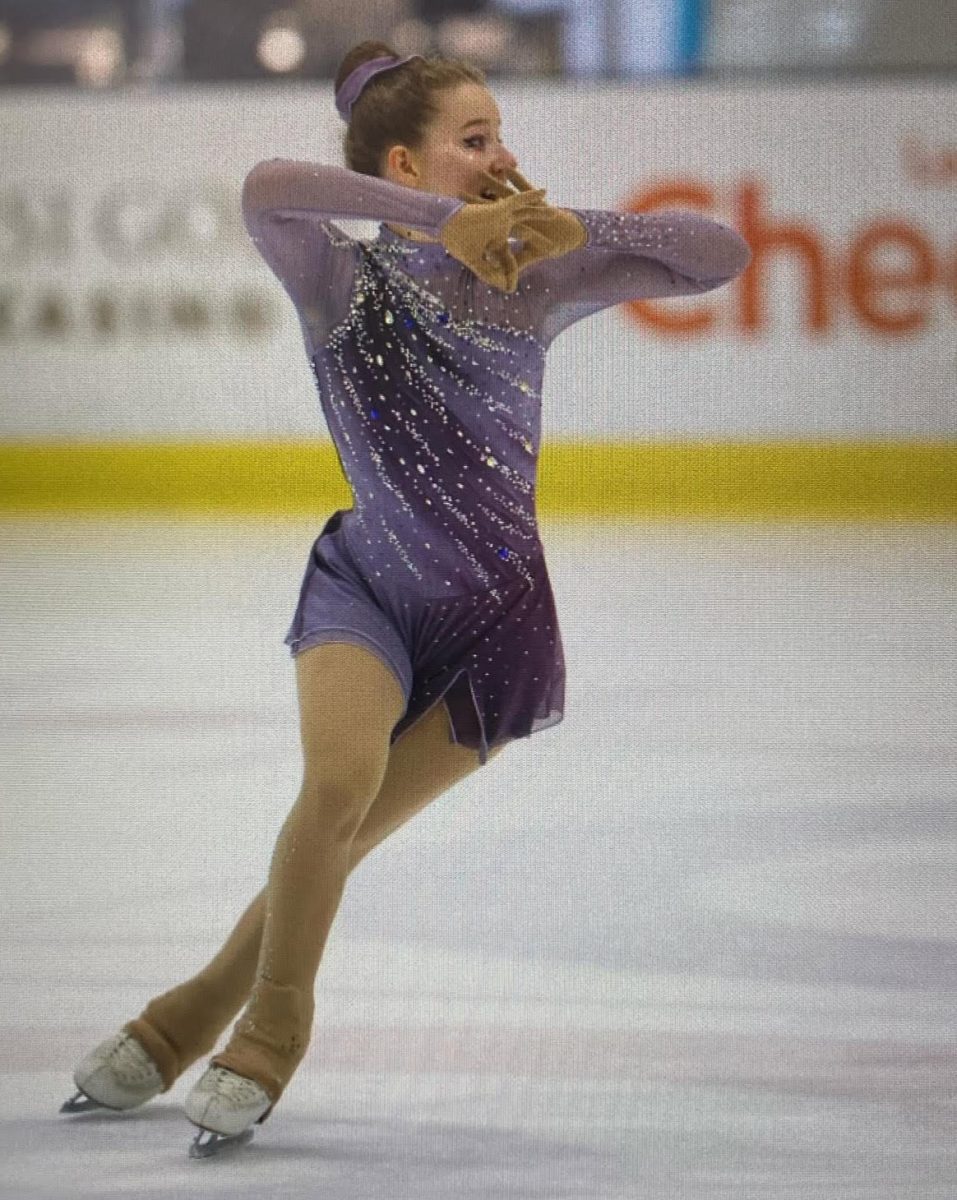40 percent of children in America struggle with reading comprehension at their grade level.
This data according to a New York Times article by Troy Closson in Aug. 2024 shows that if children never reach a certain reading level, it is unlikely their reading comprehension, or reading to understand the world, will advance.
High school English teacher Jeremy Grossman became interested in reading when he was young. He feels it allowed him to connect to humans with real stories, different or similar to his own. Reading made him feel less alone and yielded a plethora of knowledge about the world. He believes that knowledge is power, and without knowledge, one cannot move through the world with a clear mindset. For example, Grossman believes that when voting on important issues, it is imperative that individuals do their own research so they can make the most informed decisions possible.
“You can’t be well informed about the world you live in [if you don’t read],” Grossman said. “If you are going to be voting, you want to know and understand policies better. I see so many New York Times interviews, so many different people who say they voted one way or the other, [but] what you say you want and what you voted for aren’t aligned. So if we have better, more educated citizens overall, we’ll have a better society. We’ll be able to build towards something.”
Clive O. ‘26 learned from his parents to be an avid reader. He obtains his world views through the authors and philosophers he has read. Even when a philosophy does not directly correlate with his life, he still finds it fascinating. For example, Clive grappled with his spirituality when reading Septology by Jan Fosse, a series wrestling with the realities of human life, God, art and identity. While he does not consider himself to be a religious person, Clive feels that reading it exposed him to a nuanced and intriguing perspective of life itself.
“I would say books are probably one of the most clearly ideological things,” Clive said. “You can read books on politics that have these opinions and you can read books on sports and all of these things, and that’s all going to give you a collection of ideas. I think any sort of media, whether it be books, movies, TV, music, whatever, [are] going to inform your worldview. It’s what you’re surrounding yourself with. It’s the ideas, it’s the art.”
Similar to Clive, Katana S. ‘25 finds personal connection in the books she reads. As a senior leaving for college, she finds solace in books about young women navigating a new world. Recently, she read Munkey Diaries, a memoir by Jane Birkin. Birkin was a model as a young adult and had to navigate the industry with little help. Katana was able to relate to the emotions of being unwanted and felt seen by Birkin.
“[I appreciated] watching [and] listening to her talk about being a girl [in the spotlight],” Katana said. “I’m not in that spotlight, but obviously the themes of feeling unwanted and feeling used and feeling all of that [were there]. I think a lot of people can relate to that. It was really interesting just to see that perspective.”
Along with finding personal connections to books, Grossman finds that reading about different experiences allows him to have a better understanding of the world. As an English teacher, he tries to integrate different perspectives into his classes, while also acknowledging that one book will not cover a whole identity. Therefore, he believes that it is important to read multiple books about a larger identity to glean a fuller understanding.
“You don’t know what you don’t know, and so if you don’t read, if you don’t read fiction that is not about people like you in places where you live, you’re never going to understand that you are not the only type of person that exists,” Grossman said. “You will not grow a capacity to understand and then respect, and then love, and then treat with dignity people who are different [from] you. The complexity of what we can be as humans is lost if we don’t have those models, and I think we get the best models from literature.”


